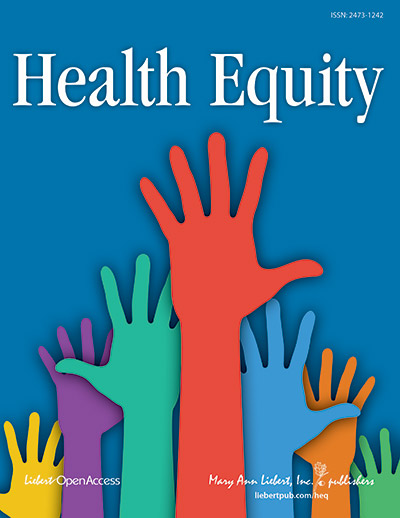Advancing Health Equity in Kidney Disease Diagnoses
By Office of the President | Jan 23, 2024

In a healthcare landscape increasingly attentive to disparities, achieving health equity is critical. A pressing concern lies in kidney disease diagnoses, where access to care and early detection inequalities persist. Innovative strategies and initiatives are emerging to address these disparities, offering hope for improving the lives of countless individuals affected by kidney disease.
In 2021, recognizing racism as a public health crisis marked a pivotal moment, leading to the establishment of the Coalition to End Racism in Clinical Algorithms (CERCA) by the NYC Department of Health and Mental Hygiene (DOHMH). We are proudly one of nine hospitals involved in this transformative initiative dedicated to eliminating bias in healthcare practices and advancing equity. Our participation reflects a commitment to promoting health equity and removing racial disparities in clinical settings.
Using race as a diagnostic factor, despite the scientific consensus that it’s a social construct and not biological, perpetuates harmful assumptions, reinforcing stereotypes and contributing to healthcare disparities, especially for marginalized racial groups.
As part of our CERCA initiative, Downstate’s kidney disease expertise led us to revise the eGFR formula, which is crucial for estimating kidney function. Our focus stemmed from medical proficiency and higher local chronic kidney disease rates. By recalibrating this formula to our patient population, we aim to ensure more accurate and equitable kidney disease diagnoses, ultimately improving patient outcomes.
Our CERCA team analyzed prevalent GFR estimation equations, which frequently incorporate a race coefficient, leading to inaccuracies in GFR estimates for Black patients. Subsequently, we initiated revisions to eliminate this race coefficient and ensure fair and accurate kidney function representation regardless of race. This practice underscores our commitment to eradicating biased clinical algorithms and prioritizing medical principles over stereotypes.
Downstate’s focus has always been on accurate and equitable assessments for all patients despite the specific formulas used. Concerns arise from the use of race-based adjustments in other settings, leading to underestimation of kidney disease severity in Black patients, contributing to delays in care. Downstate is committed to adopting equitable, evidence-based approaches in kidney disease assessment, aiming to eliminate disadvantages caused by biased algorithms.
Researchers assessed the clinical and legal impact of removing race from eGFR algorithms. Recommendations eliminated the race coefficient and introduced new elements, resulting in a race-agnostic, evidence-based, and valid measure in 2022. This achievement underscores the importance of academia-public health partnerships in promoting health equity and the commitment of all CERCA coalition members to adopting the Downstate algorithm.
Our next step is partnering with patient advocacy groups to develop effective community engagement strategies. Achieving genuine health equity requires empowering communities with knowledge and fostering collective well-being. Our commitment and collaboration aim to establish a model for equitable healthcare practices benefiting all.

Read more about promoting anti-racism in clinical practice in this Health Equity article authored by Carla Boutin-Foster, M.D., MSc, associate vice president for Institutional Equity, Camille A. Clare, M.D., MPH, FACOG, professor and chair of Obstetrics and Gynecology, Jameela J. Yusuff, M.D., NPF, FACP, UHD associate professor of Medicine and chief medical officer, and Moro Salifu, M.D., MPH, MBA, MACP, professor and chair of Medicine.
Congratulations, and thank you to the CERCA team and all who contributed to the successful implementation of this measure.
Tags: Nephrology